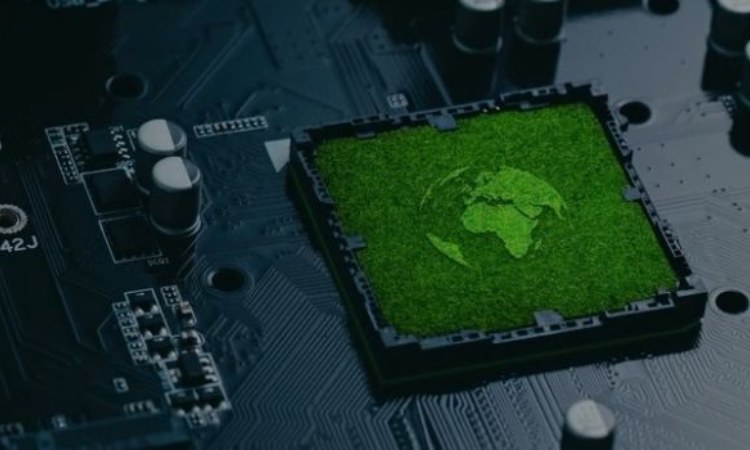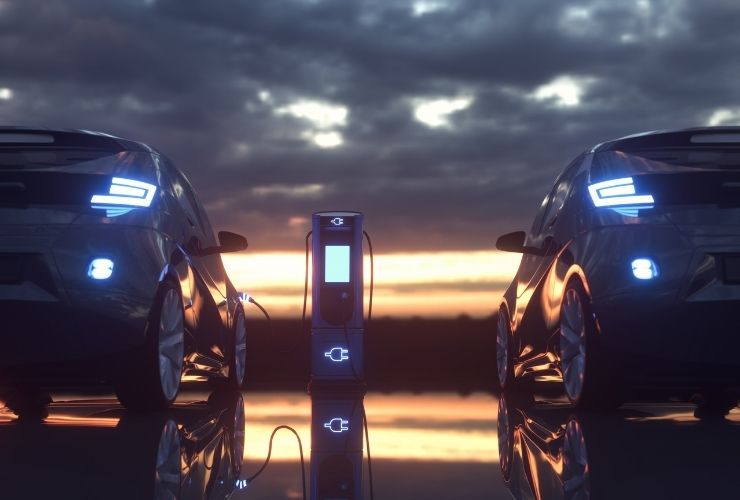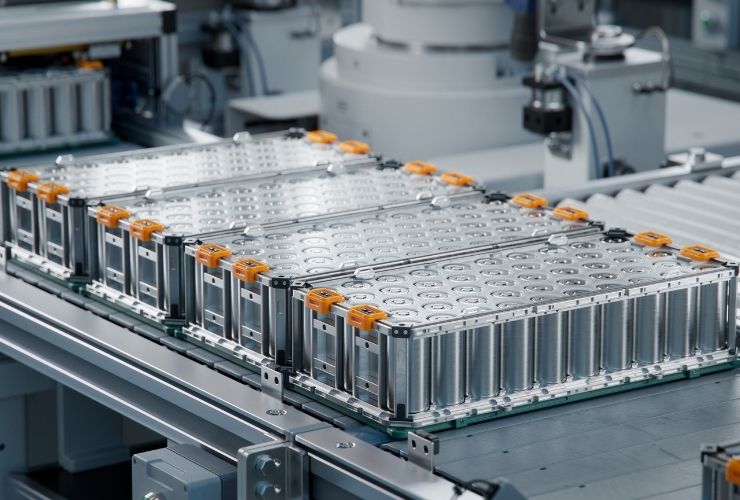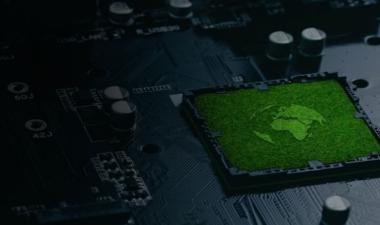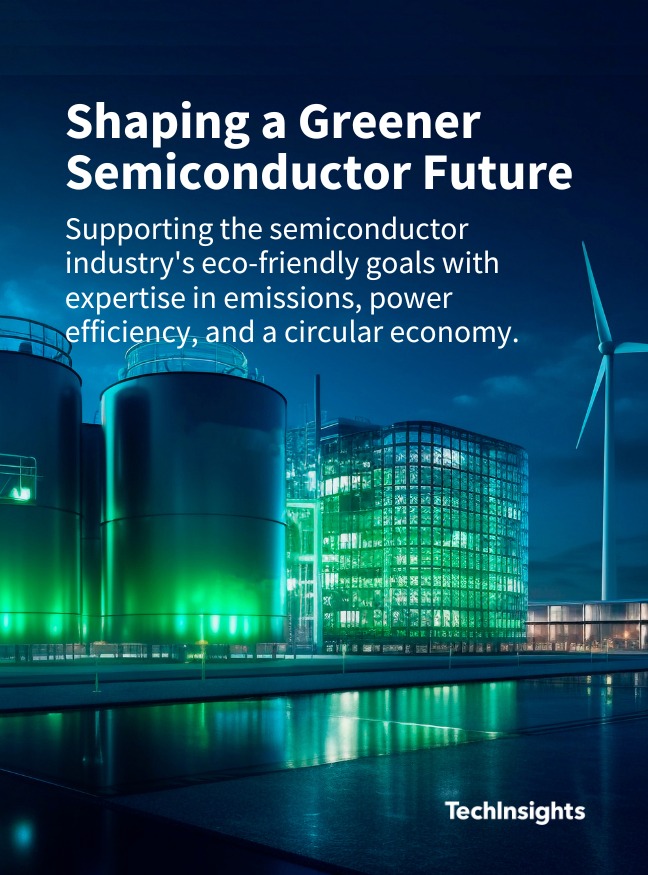Recycled Cobalt in Rechargeable Batteries

A Sustainability Advancement or a Performance Trade-Off?
This article explores the multifaceted landscape of cobalt in technology, the environmental impacts of cobalt extraction, and the opportunities and challenges posed by the growing demand for recycled cobalt.
In April 2023, Apple Inc. made a significant environmental commitment by pledging to incorporate 100% recycled cobalt in all of its battery designs over the next two years. This initiative, championed by CEO Tim Cook, underscores Apple's dedication to innovative solutions that not only enhance people's lives but also prioritize environmental sustainability. This move aligns with Apple's broader strategy of utilizing recycled materials in its products and employing clean energy for its operations, demonstrating the company's strong focus on reducing its environmental footprint [1].
However, the integration of recycled cobalt in rechargeable batteries brings new challenges and complexities. Cobalt plays a crucial role in various modern technologies, particularly in batteries, fuel cells, robotics, and digital devices. With a significant portion of global cobalt consumption (57%) dedicated to battery production, the demand for this critical material continues to surge. Cobalt's importance stems from its use in lithium-ion batteries (LIBs) found in consumer electronics and electric vehicles. Since 2008, cobalt has been classified as a critical material due to concerns about supply disruption and environmental impacts, and it was ranked the tenth most critical material in 2021 among 83 raw materials [2].
Currently, the Democratic Republic of Congo is the world's leading cobalt producer, supplying up to 70% of the global production. However, this concentrated production raises security concerns, given the nation's political and economic instability. Furthermore, cobalt extraction in the Democratic Republic of Congo is associated with significant social and environmental issues, including pollution, deforestation, and loss of human life [2].
The environmental impacts of cobalt extraction are quantifiable, with individuals living near cobalt mining areas having elevated levels of cobalt-related contaminants in their systems. Industrial environments show even higher levels of these contaminants. Additionally, the scarcity and value of cobalt have fueled social conflicts, driving deforestation and human losses [3, 4, 5, 6].
The demand for batteries, especially in consumer electronics and electric vehicles, is expected to grow exponentially in the coming years. This increased demand will place strain on primary cobalt sources, necessitating the exploration of new cobalt resources to support global efforts to reduce greenhouse gas emissions in the transportation sector [7].
Lithium-ion batteries (LIBs), integral to modern technology, consist of various components, including a cathode that often contains cobalt. While cobalt-based cathodes offer advantages like longer life expectancy, there are efforts to reduce their cobalt content to cut costs while maintaining performance. Commercial materials like NMC 811 have been introduced to achieve this balance [10, 11].
Recycling cobalt from end-of-life batteries is a sustainable approach that can reduce reliance on virgin cobalt mining, lower manufacturing costs, and mitigate social and environmental risks. Nevertheless, challenges exist, including the difficulty of eliminating impurities like aluminum and copper from recycled materials, which can affect their quality and performance. To assess the potential of batteries with recycled cobalt, detailed characterization of their energy density, power handling, cyclic life, and material properties is crucial. Although recycling technologies have made significant strides, the supply of recycled cobalt is still limited compared to the growing demand. Addressing this limitation will require investments in recycling infrastructure, cost-effective and eco-friendly recycling processes, and supportive regulations [19].
In conclusion, while Apple's commitment to using recycled cobalt in its batteries is a commendable step toward sustainability, it highlights the broader challenges and considerations associated with cobalt in technology and battery production. Achieving a more sustainable, circular economy for cobalt will require continued innovation, investment, and global cooperation. TechInsights, through its Battery Essentials Channel, stands ready to evaluate the impact of recycled cobalt on consumer electronics and monitor developments in the recycling industry.



